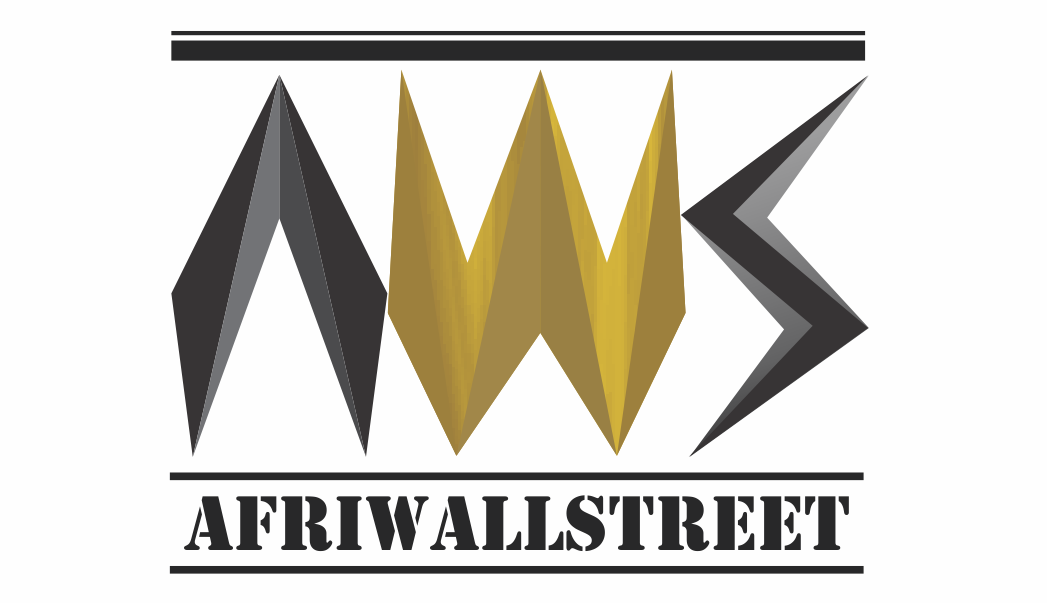The world’s largest economy is finally considering the use of digital dollars, following slow COVID-19 stimulus payments to its citizens, the U.S Congress recently heard testimonies on the usage of digital dollars to facilitate the U.S’ legacy financial infrastructure.
Just yesterday, America’s Congressional Fintech Task Force examined Federation Accounts and the use of digital dollars in expanding financial reach in the United States.
Former CFTC Chairman and Co-founder of the Digital Dollar Project, J. Christopher Giancarlo, talked about the need for America to upgrade its financial system.
He said, “Unless we act, this coming wave of innovation will put enormous strain on our aged financial system.”
What you need to know about Digital Dollar: The U.S government is presently considering a framework in creating a U.S. central bank digital currency, which would be mined through the blockchain protocol, transferred between users, and recorded in a public ledger.
The digital dollars would be stored in a distributed database via the internet, on an electronic computer database, within a stored-value card or virtual files.
J. Christopher Giancarlo spoke to Cointelegraph in advance of yesterday’s congressional hearing. He said:
“I think the sense of immediate urgency has indeed passed and I think that provides the time for reflection on the important issue: what the crisis revealed about the shortcomings in our accounts-based banking system when it comes to the distribution of benefits and inclusion. I believe that crises always reveal different things.”
Chairwoman of the Financial Services Committee, Maxine Waters, who is the author of a bill at the heart of today’s discussion summarized the quandary.
“Nearly 35 million people have received paper checks, not direct deposits to their bank accounts. However, I’m concerned that the people who most likely need stimulus payments may not even be able to deposit a paper check. […] Fintech companies are stepping into the unbanked space by marketing digital wallets as low-barrier alternatives to bank accounts for U.S. consumers.”




